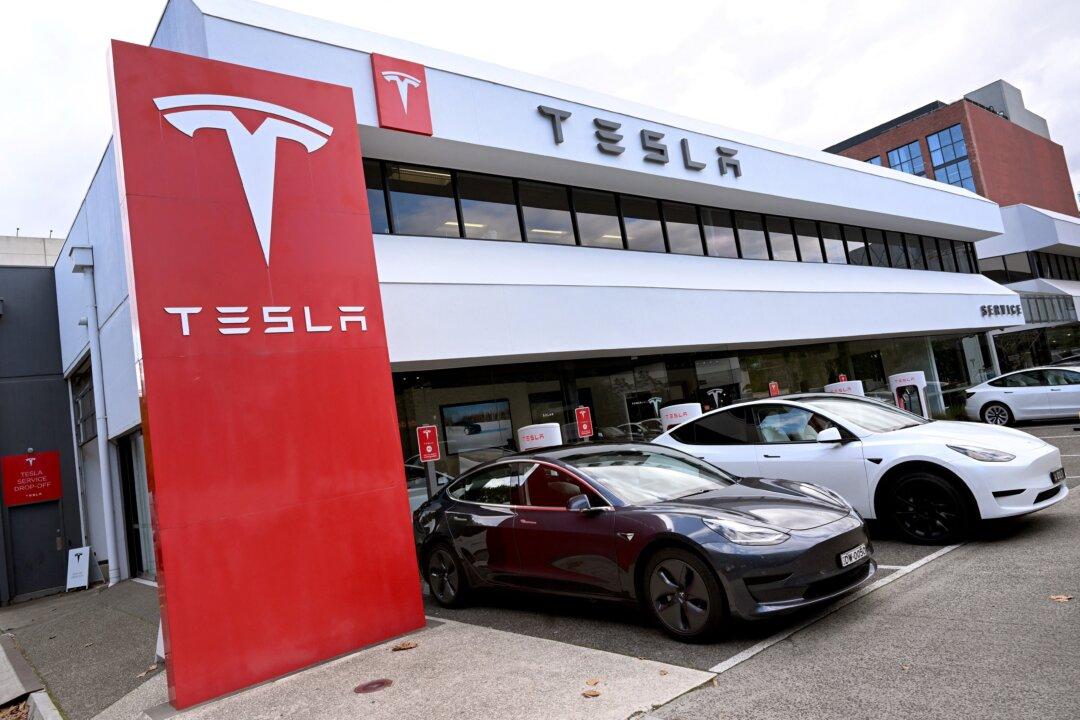Australians will soon need to switch to an electric vehicle (EV) or a hybrid car if they want to avoid the luxury car tax in 2025.
In the newly released 2023-24 Mid-Year Economic and Fiscal Outlook (pdf), the federal Labor government introduced a major change to Australia’s luxury car tax (LCT) in an effort to “modernise” it.





